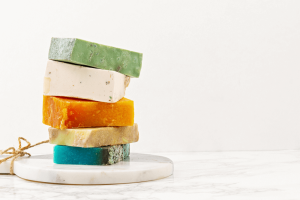Children thrive on routine. For kids with behavioural challenges, routines are more than just helpful—they’re essential. Positive routines create structure, reduce anxiety, and help children feel safe and confident. When routines are consistent and predictable, kids know what to expect, which can lead to fewer meltdowns and more positive behaviour.
In this post, we’ll explore how to build positive routines that support children with behavioural challenges, both at home and in other environments.
Why Routines Matter
For children with behavioural difficulties, unexpected changes can be overwhelming. They may struggle with transitions or become frustrated when they don’t know what’s happening next. Routines help by:
- Creating a sense of safety and security
- Reducing confusion and uncertainty
- Helping with emotional regulation
- Teaching independence and responsibility
A strong routine doesn’t have to be rigid, but it should be predictable and consistent.
Steps to Building a Positive Routine
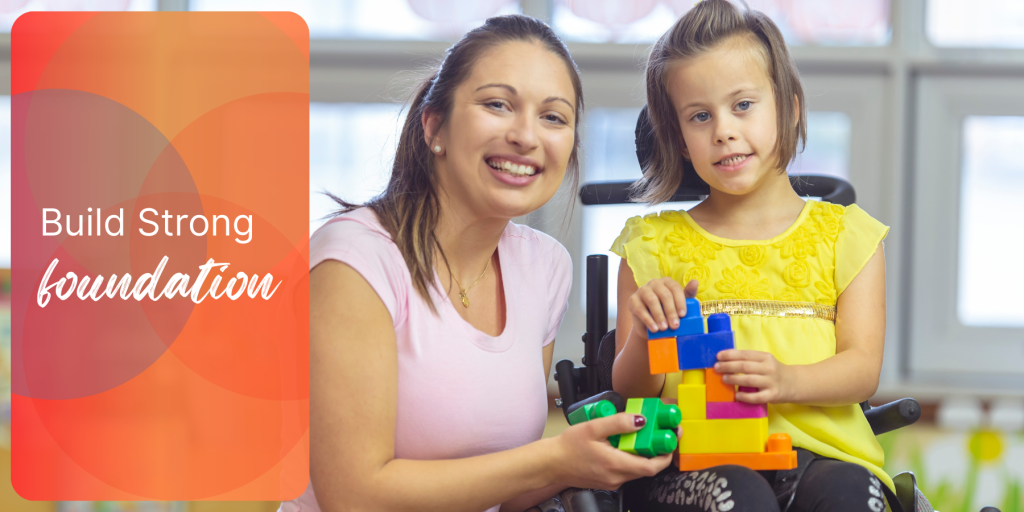
1. Start with the Basics
Begin by planning routines around daily tasks—like waking up, mealtimes, getting dressed, play, and bedtime. Keep it simple and focus on one routine at a time if needed. For example, if mornings are stressful, build a calm, step-by-step morning routine first.

2. Use Visual Schedules
Many children respond well to visual supports. You can use pictures, symbols, or charts to show what happens next. For example, a picture chart might show:
- Brush teeth
- Get dressed
- Eat breakfast
- Pack Bag
- Leave for school
This helps reduce the need for constant reminders and gives the child a sense of control.
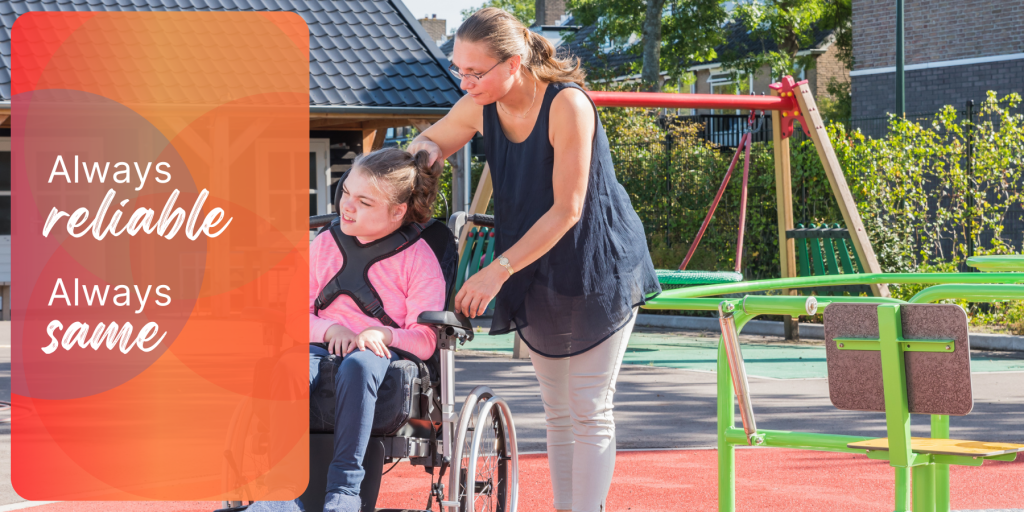
3. Be Consistent
Consistency is key. Try to do things in the same order and at similar times each day. When routines are predictable, kids feel more in control and are less likely to act out.
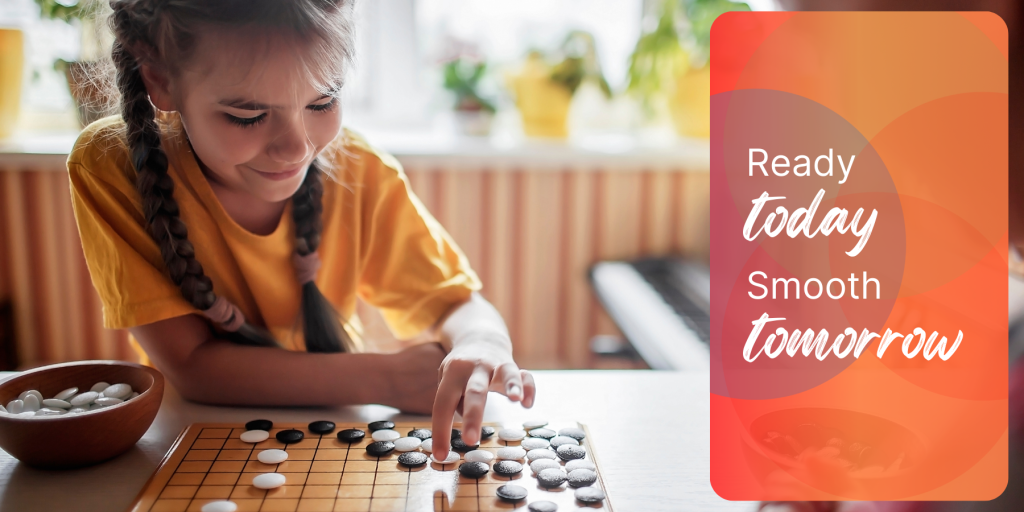
4. Prepare for Transitions
Transitions—like going from playtime to bedtime—can be tough. Give gentle warnings before a change happens. For example, “In 5 minutes, it will be time to pack up the toys.”
Using timers or countdowns can also help children prepare for the next step without feeling rushed or surprised.
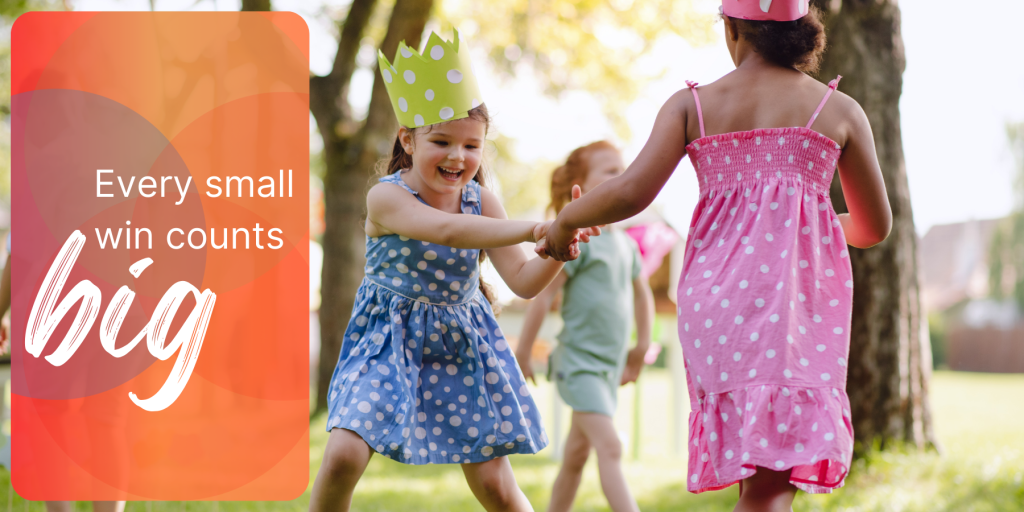
5. Celebrate Small Successes
When your child follows the routine or tries something new, celebrate it. Use praise, encouragement, or a reward system to make it fun and motivating. Focus on progress, not perf What If the Routine Isn’t Working?
It’s okay to adjust routines if something isn’t working. Every child is different, and flexibility is important too. If your child is struggling with a step in the routine, try breaking it down into smaller parts, or offer extra support or practice.
You can also involve your child in creating the routine—this can make them more interested and willing to follow it.
Final Thoughts
Positive routines can make a big difference in the lives of children with behavioural challenges. They create calm, reduce stress, and build valuable life skills. With patience, consistency, and encouragement, your child can learn to feel more confident and in control. If you’re not sure where to start, a Positive Behaviour Support (PBS) practitioner can help you design routines that are tailored to your child’s needs. Remember—every small step counts.



